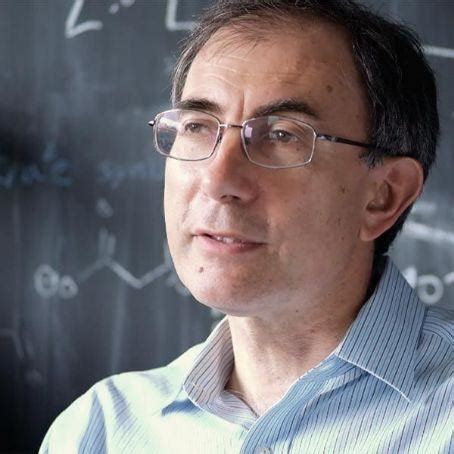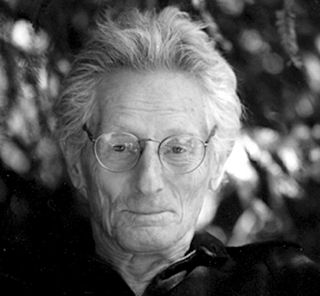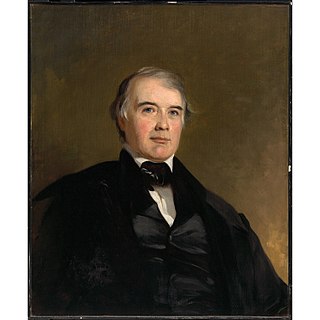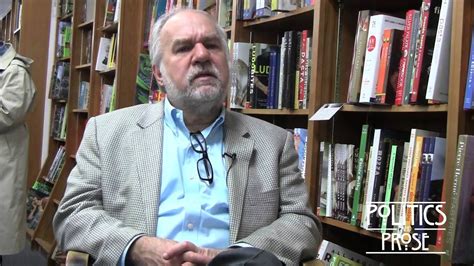A Quote by Dimitar Sasselov
My parents gave me a small telescope, then I built my own, and one thing led to another. So that's how I ended up going from being a hobby astronomer to a professional astronomer.
Related Quotes
When I heard the learn’d astronomer; When the proofs, the figures, were ranged in columns before me; When I was shown the charts and the diagrams, to add, divide, and measure them; When I, sitting, heard the astronomer, where he lectured with much applause in the lecture-room, How soon, unaccountable, I became tired and sick; Till rising and gliding out, I wander’d off by myself, In the mystical moist night-air, and from time to time, Look’d up in perfect silence at the stars.
I call God ECCO (Earth Coincidence Control Office) . It's much more satisfying to call it that. A lot of people accept this and they don't know that they're just talking about God. I finally found a God that was big enough. As the astronomer said to the Minister, My God's astronomical. The Minister said, How can you relate to something so big? The astronomer said, Well, that isn't the problem, your God's too small!
I hate the phrase “One thing led to another”. What kind of lazy writing is that? Isn't it your job as a writer to tell me how that made this happen? “Adolf Hitler was rejected as a young man in his application to an art school. One thing led to anotherand the United States ended up dropping two atomic bombs on the sovereign nation of Japan”.
When I first went to Hubble, as an astronomer and as a scientist, it was a dream come true. And as an astronaut, the Hubble missions are premiere missions because Hubble is so important to science, so important to humanity, that it's just a very special event. But as an astronomer, it was sort of the holy grail of missions.
The astronomer is, in some measure, independent of his fellow astronomer; he can wait in his observatory till the star he wishes to observe comes to his meridian; but the meteorologist has his observations bounded by a very limited horizon, and can do little without the aid of numerous observers furnishing him contemporaneous observations over a wide-extended area.
You'd put yourself in a play and get to know the system and learn how to be directed, and then you could be a director. So, I've just always done it. It was always a hobby. The funny thing was that when I started to get paid to do it as a professional job, I lost my hobby. I don't know what to do. I have to take up something else now.
Culture implies all which gives the mind possession of its own powers, as languages to the critic, telescope to the astronomer. Culture alters the political status of an individual. It raises a rival royalty in a monarchy. 'Tis king against king. It is ever a romance of history in all dynasties--the co-presence of the revolutionary force in intellect. It creates a personal independence which the monarch cannot look down, and to which he must often succumb.
I read not so long ago about the construction of a large telescope in Chile's Atacama Desert, where rainfall can average a millimetre a year and the air is fifty times as dry as the air in Death Valley. Needless to say, skies over the Atacama are pristine. The pilgrim astronomer ventures to the earth's ravaged reaches in order to peer more keenly at other worlds, and I suppose the novelist is up to something similar.




































